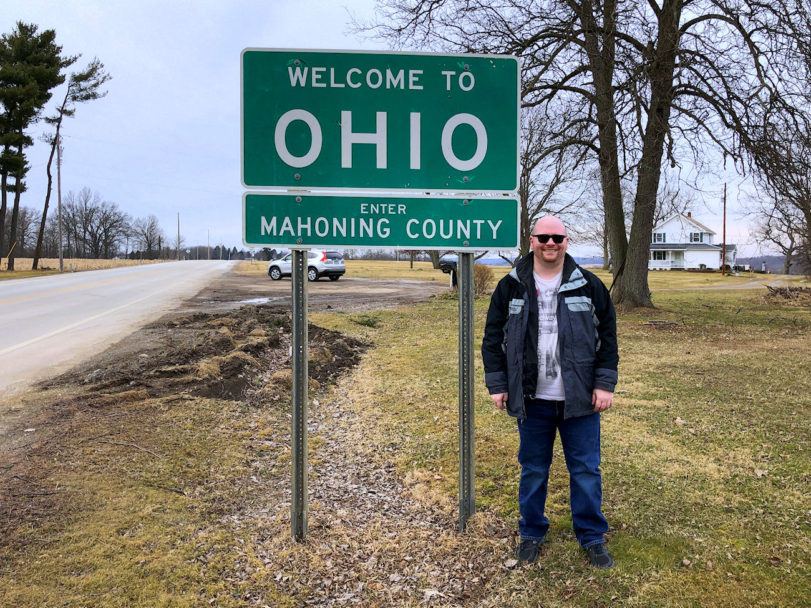10TV WBNS was the first to break the news Wednesday that the City of Columbus will no longer prosecute misdemeanor marijuana cases.
City Attorney Zach Klein says the decision is based on complications after the state legalized hemp.
On July 30, Ohio Governor Mike DeWine signed Senate Bill 57 into law.
It legalizes hemp in Ohio, giving Ohio farmers a new crop and new source of revenue.
The law changes the definition of marijuana to exclude hemp, based on the amount of THC — the chemical that gets you high.
A THC level of .3 percent or less is hemp and legal. A THC level of over .3 percent is marijuana, still illegal in Ohio.
“Now we have to be able to distinguish the difference between hemp and marijuana,” said Jason Pappas, Vice President of the Ohio Fraternal Order of Police. “That is not possible for a human being to do, that has to be done through crime analysis.”
The problem is, most, if not all, crime labs in Ohio can only detect the presence of THC, not the quantity of it.
That includes the Columbus police lab and BCI state crime lab.
“Until these testing requirements are fixed and until we get some additional training and resources available to us, it’s going to be very difficult to go after any marijuana cases in Ohio,” he said.
Glenn McEntyre: “What’s the end result of that, effectively?”
Jason Pappas: “You legalized marijuana in Ohio for a time being.”
Glenn McEntyre: “That’s what lawmakers have done?”
Jason Pappas: “That’s what I see today.”
Read the rest here










